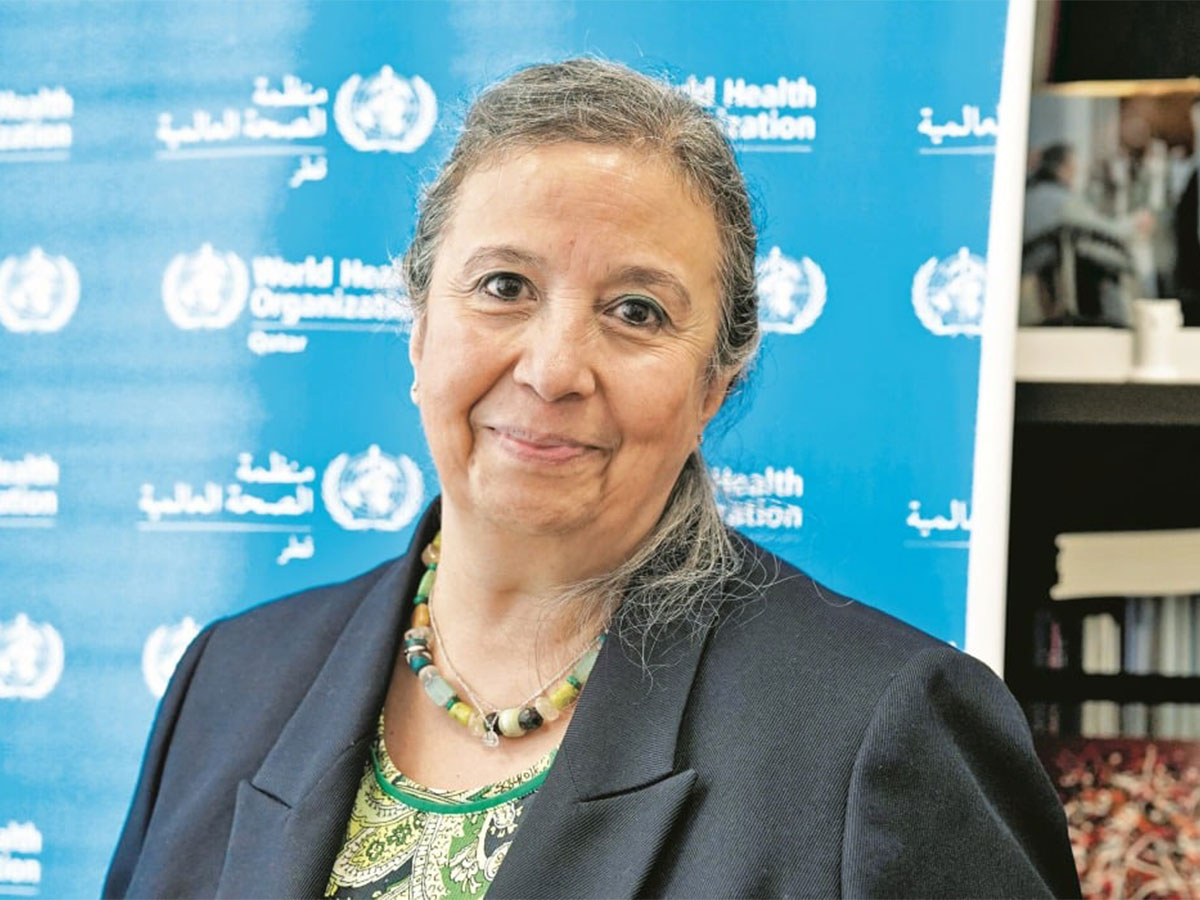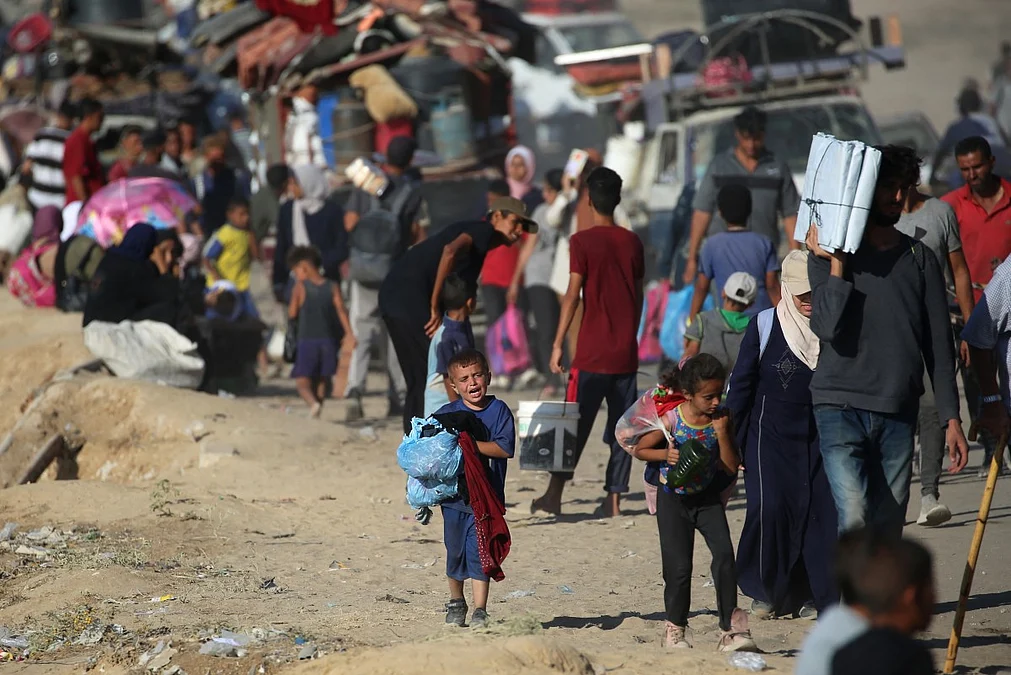
Doha, September 28 (QNA) – Representative of the World Health Organization (WHO) in Qatar, Dr. Rayana Bou Haka, affirmed that Qatar has developed an advanced digital health strategy, supported by programs and initiatives that continue to strengthen this field.
In remarks to Qatari daily Al-Sharq, Dr. Bou Haka stressed that mental health is no longer a luxury but an urgent necessity in an increasingly complex and stressful world. She highlighted the 6th Global Mental Health Ministerial Summit, to be hosted by Doha from September 30 to October 1, 2025, under the theme “Transforming Mental Health through Investment, Innovation and Digital Solutions.”
She underlined the importance of basing mental health policies on scientific studies tailored to community needs, while breaking the stigma that prevents many from accessing services.
Dr. Bou Haka noted that convening the 6th Global Mental Health Ministerial Summit in the Middle East is of particular importance, as the region faces interconnected public health challenges, especially in the context of emergencies and humanitarian crises. Hosting the summit in Qatar, she said, represents a qualitative addition, given the country’s technological progress and information revolution, which provide a suitable environment for addressing mental health challenges.
Dr. Bou Haka praised Qatar’s pioneering initiatives in the field, including the provision of services through health centers, the establishment of mental health clinics within primary care, and the allocation of hotlines for urgent consultations, including psychological support. She stressed that these measures enhance accessibility, protect patients from social stigma, and strengthen the integration of mental health into the broader healthcare system.
She added that the summit in Doha will provide a unique platform to showcase Qatar’s experience, exchange best practices, and chart innovative approaches that focus on investment, prevention, and the use of digital tools to reach the most vulnerable groups.
Dr. Bou Haka acknowledged that challenges remain in the mental health field, including limited funding and a shortage of specialists. However, she noted that Qatar’s advanced digital health strategy and ongoing programs help mitigate these obstacles by expanding access to services and enabling the delivery of innovative solutions that support patients and their families.
In addressing the challenges facing the mental health sector, Dr. Bou Haka pointed out that mental health programs remain among the least funded within the WHO framework, with allocations representing only 1 percent regionally and 2% globally. She said that this limited funding, compounded by shifting donor priorities and a shortage of qualified specialists, continues to constrain the expansion of services. She noted that difficulties in program implementation in some countries further complicate the situation, often requiring external expertise that drives up costs and discourages donors.
However, she emphasized that scientific progress and digital health solutions provide opportunities to overcome these barriers, particularly by enabling remote training and psychological support, noting that Qatar’s advanced digital strategy and ongoing programs continue to strengthen development in this field. (QNA)



